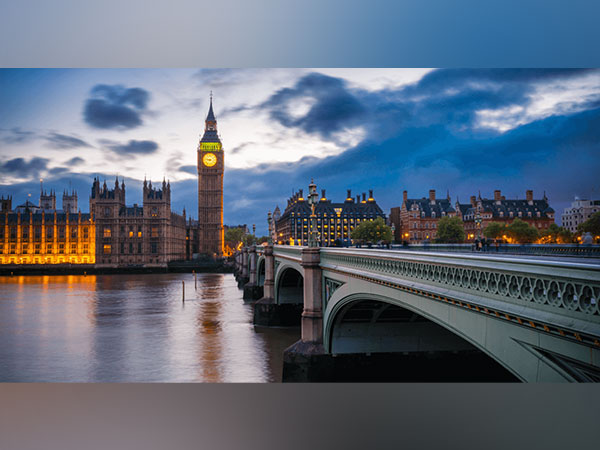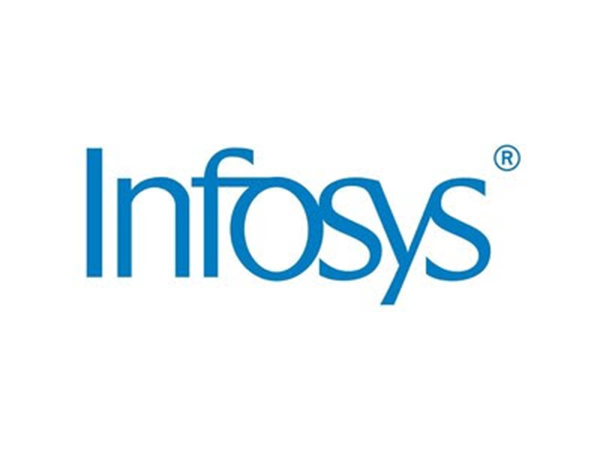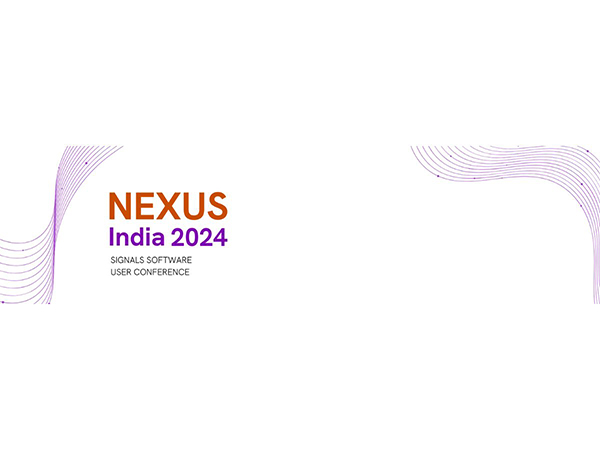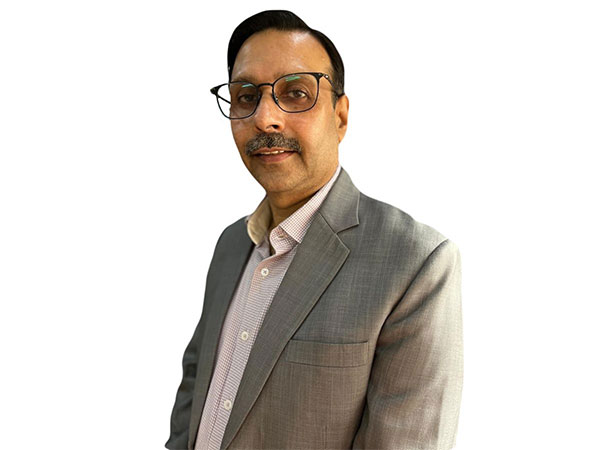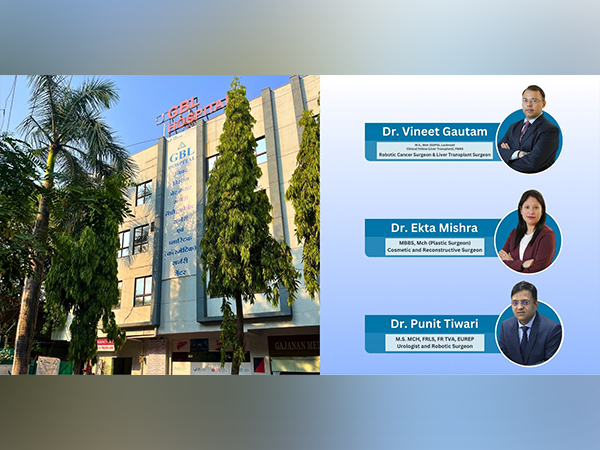EU should strive for dialogue of equals, says Spanish expert
Jun 16, 2021
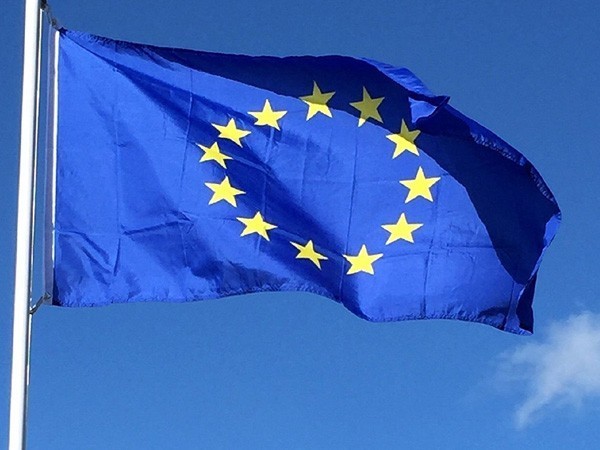
Madrid (Spain), June 16: In the present-day world, the European Union (EU) should strive for a dialogue on equal terms with the United States and other global actors, such as Russia and China, said Xulio Rios, director of the Observatory of Chinese Politics in Spain, in a recent interview with Xinhua.
The conversation with Rios took place on the eve of Tuesday's EU-US summit in Brussels, which aimed to address a wide range of issues of common interest, such as COVID-19, climate, trade and investment, technology, foreign affairs and common values.
The EU was represented at the summit by the President of the European Council, Charles Michel, and Ursula von der Leyen, president of the European Commission, while President Joe Biden represented the United States.
According to Rios, the recovery of the prestige of the EU and of the very idea of Europe as a global geopolitical actor requires internal policy changes that take into account the interests of social majorities and the different peoples of the continent with a specific agenda that advocates for improved cohesion.
He said this agenda must be set by Europe itself, which should seek to strengthen the hallmarks of a model that traditionally aims at growth, well-being, solidarity and peace.
In these current times of geopolitical and geo-economic changes, assuring the place of Europe also means transcending Eurocentrism and asserting itself as a key part of the international system in a situation of intense global changes, he said.
Rios said he saw a manifest loss of opportunity for dialogue between equals at the G7 summit held on June 11-13 in Cornwall in the United Kingdom and argued that Europe should take a different route than in the past.
"Rather than what we have already seen at the recent G7 summit in the call to close ranks against China to save the U.S. hegemony, Europe should support an agenda that turns its back on the resurgence of 20th century policies that have led to a world divided into blocks," he said.
"It is time to recognize the changes in recent decades and to create a space for respect, dialogue and the search for mutual benefits, outlining the systemic architecture of the new times," Rios said.
The uncritical acceptance of the U.S. line leads the EU to political irrelevance at a time when its mediating voice could prove decisive, Rios warned.
There are many points of convergence between the EU and the U.S., he said, but this does not mean that it is necessarily in the EU's interest to return to the confrontational dynamics of the past.
The EU has seen its credibility damaged in the public eye in recent years, "firstly by the financial crisis of 2008, then by the coronavirus pandemic. The devastating effects of these two very serious developments still persist due to poor management, which has resulted in high economic, human and social costs," he said.
According to Rios, the EU's internal hierarchy and its steadfast commitment to neoliberal policies have led to a detachment of the public that manifested itself in the emergence of various kinds of populism and the rise of anti-European sentiment.
The changes experienced in Europe and the world since the 1990s require an effort from all parties to reflect and adapt, with a sense of perspective to remove the conflict hypothesis, Rios said.
"In recent years, with the rise of unilateralism and protectionism in the U.S., the demand for strategic autonomy has been considered a natural and necessary option (for the EU). The change of administration in the U.S. seems to have suddenly overshadowed that determination and the EU is again debating whether or not to renounce its geopolitical identity.
"Today one thing, tomorrow another, the EU does not seem to know what it wants," he lamented.
Rios stressed that the global agenda calls for joint solutions to many of the global issues, from climate change to global public health, and to urgently identify opportunities for cooperation.
"This is where the future trajectory of the EU should be valued: by recognizing that other actors, beyond the west, can also make decisive contributions. To do this, it must preserve its autonomy and make it a hallmark of its political identity," he concluded.
Source: Xinhua

